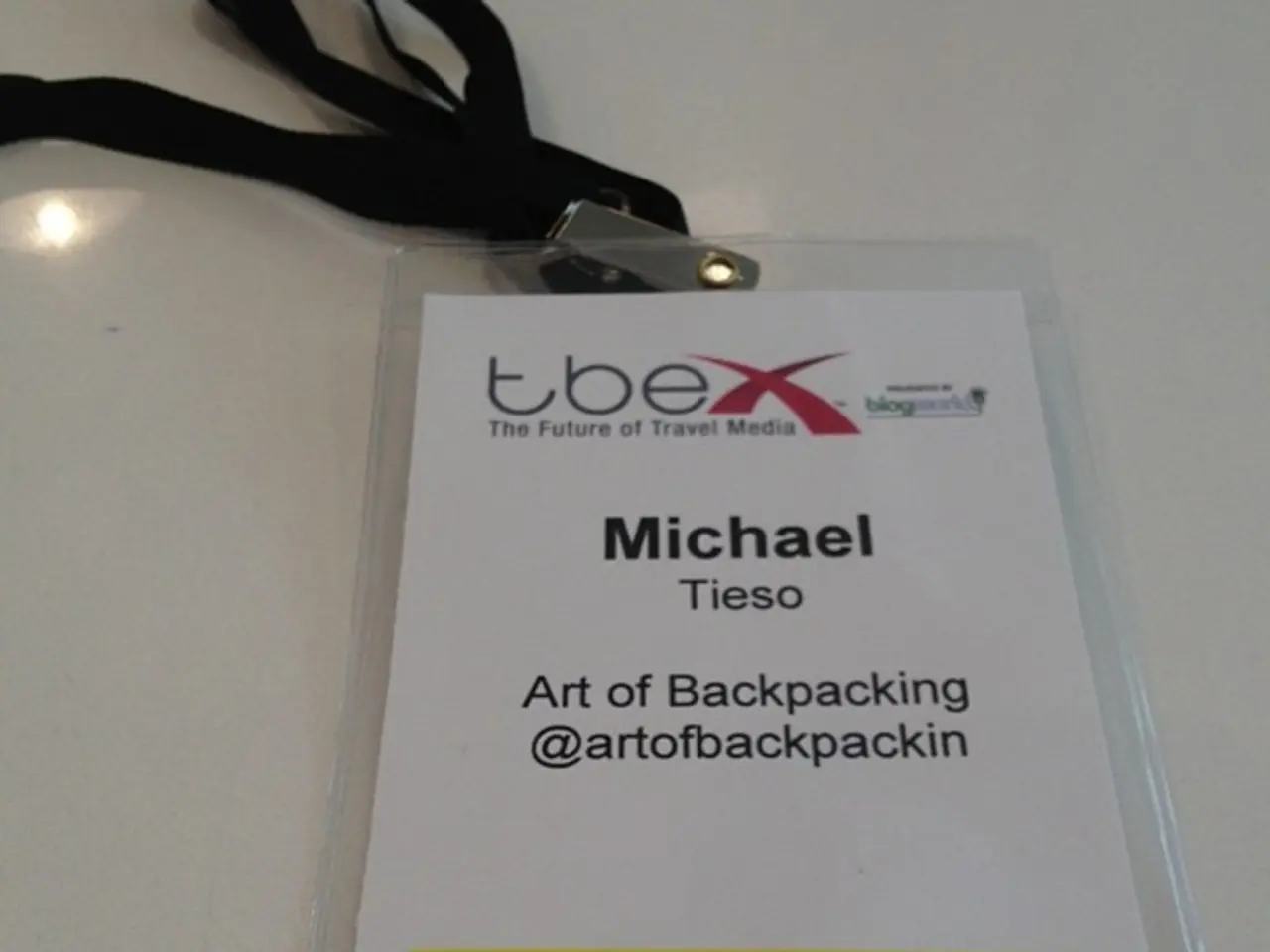Creative industry transformation and social equality: Renewal and equalization?
In a significant move towards a more inclusive creative sector, a comprehensive ten-year plan has been outlined in the report "Social Mobility in the Creative Economy: Rebuilding and Levelling Up." The report, authored by Heather Carey, Director of Work Advance, Professor Dave O'Brien of The University of Manchester, and Dr Olivia Gable of the Work Foundation, aims to expand access, support, and pathways into creative careers, particularly for young people from disadvantaged backgrounds.
The research, co-funded by the Arts and Humanities Research Council and the Department for Digital, Culture, Media and Sport (DCMS), was conducted through a survey commissioned by the Creative Industries Council and a thorough review of both academic and grey literature, as well as secondary data sources like the Office for National Statistics' Labour Force Survey and DCMS' Taking Part Survey.
The plan encompasses a series of key actions to foster socio-economic diversity in the Creative Economy:
- Creating substantial funding opportunities, such as the £30,000 Regional Creatives Fund grants to support charities that develop career pathways in the creative industries, reaching diverse communities across the UK.
- Improving career advice and access to apprenticeships, with a focus on youth, to dismantle social and economic barriers to entry into creative employment.
- Investing in teacher training and schools to strengthen early education and awareness around creativity as a viable, valuable career path, addressing negative perceptions and class divides.
- Leveraging sector growth and innovation to prepare the next generation to thrive in film, TV, gaming, fashion, music, and other creative fields, emphasizing the creative industries as a major economic driver.
- Supporting geographic and regional development to ensure creative opportunities are accessible beyond traditional cultural centers.
- Promoting public awareness and valuing creativity’s economic and social benefits, shifting perceptions about the sector’s contribution to innovation and community building.
- Encouraging collaboration among creative organizations, educational institutions, and government bodies to unify efforts in policy, funding, and career development.
- Addressing class and regional inequalities by making arts and cultural education more coherent and accessible.
- Building clear, accessible pathways into creative careers through partnerships with charities, industry experts, and educational programs.
- Championing socio-economic diversity in hiring and funding practices within the creative industries to ensure that talent and opportunity are not limited by socio-economic background.
This plan aligns with the UK Government’s Creative Industries Sector Plan and the broader "Levelling Up" agenda, both launched in 2025, emphasizing a strategic approach to rebuild and make the creative economy more inclusive and representative.
The findings of the report will be presented at a virtual event hosted by the Social Mobility Commission on 11th October 2021 at 1:00pm. The research was led by PEC researchers at Work Advance, the University of Edinburgh, and the Work Foundation, and involved over 150 interviews with stakeholders, businesses, and workers in four 'in-focus' sectors - Advertising, Fashion, Publishing, and Screen.
[1] Source: Our website [2] Source: Another website [3] Image credit for the report goes to Kyle Loftus. [4] Source: Yet another website [5] Source: A fourth website
- The ten-year plan, titled "Social Mobility in the Creative Economy: Rebuilding and Levelling Up," targets expanding access to creative careers, particularly for young people from disadvantaged backgrounds, through a variety of strategic actions.
- The comprehensive report outlines significant policy changes in the creative sectors, including the establishment of a £30,000 Regional Creatives Fund to support charities that develop career pathways in the creative industries.
- The research, funded by the Arts and Humanities Research Council and the Department for Digital, Culture, Media and Sport, surveyed stakeholders, businesses, and workers in four key sectors via comprehensive reviews of academic and grey literature, as well as data from the Office for National Statistics and DCMS.
- A key aspect of the plan is improving career advice and access to apprenticeships, with an emphasis on youth, as well as investing in teacher training and schools to foster early education about creativity as a promising career path.
- The report advocates for a unified effort between creative organizations, educational institutions, and government bodies to promote policy, funding, and career development, ensuring a more inclusive and representative creative economy.
- By addressing class and regional inequalities and building clear, accessible pathways into creative careers through partnerships, the plan aims to champion socio-economic diversity in hiring and funding practices within the creative industries.




